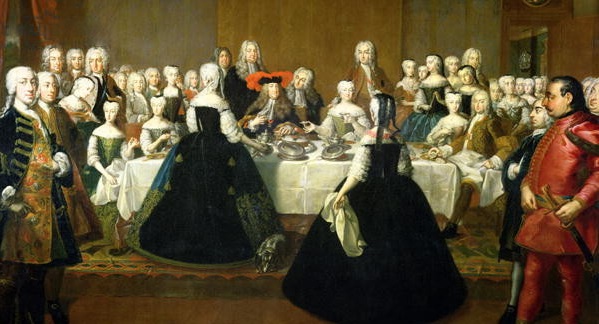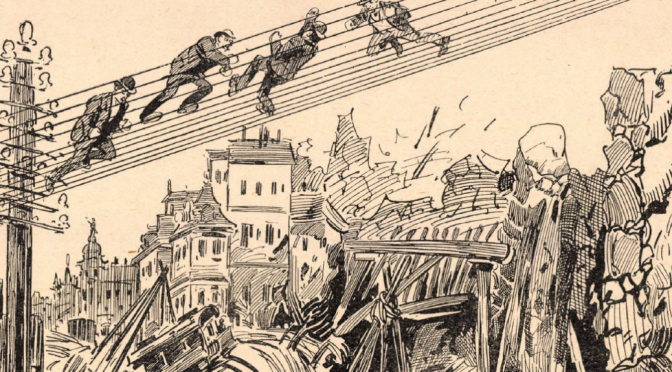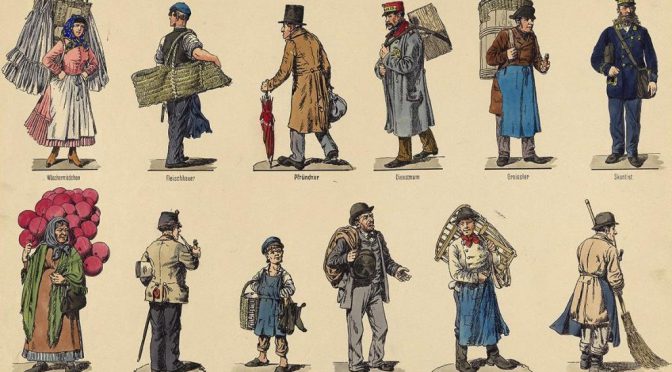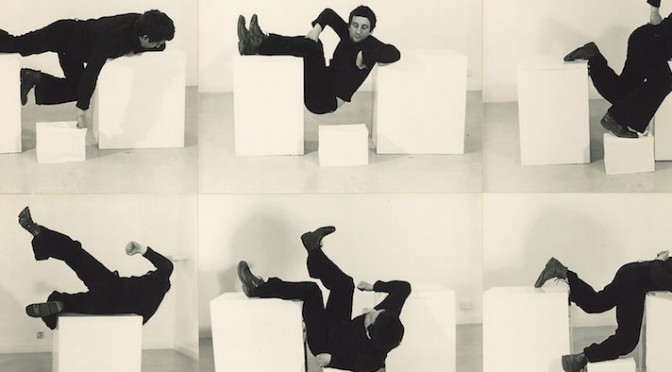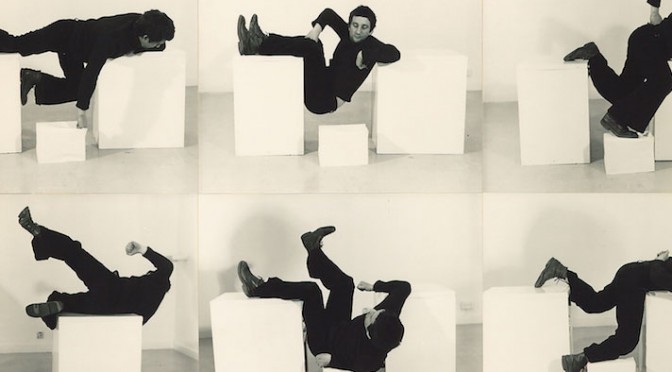A course at the Department of Roman Studies of the Faculty of Arts, Charles University
Time and venue: Every Wednesday from 5:30 to 7:00 pm, room 217, FF UK, nam. Jan Palacha 2
Lecturers: Chiara Mengozzi, Ph.D. and Mgr. Vojtěch Šarše
Language: French
Syllabus
 The “post” in postcolonial not only alludes to the era following decolonization, but hints first and foremost to the set of practices of resisting colonialism, colonialist ideologies and contemporary forms of domination and subjugation. Our course aims at understanding the political, cultural and linguistic problems framed by European colonization and its legacies. Based on the reading of iconic theoretical texts of the postcolonial thought (by Césaire, Fanon, Saïd, Spivak, Mbembe, Bhabha, Thiong’o) and on the textual analysis of a few French and Francophone literary works (from Africa and the Caribbean), the course will revisit the literary canon through the lenses of power relationships between individuals, languages and cultures. It will highlight the stylistic and topical features of novels written by authors from the ex-French colonies and the Overseas Territories such as: the relationship to French language, exclusion/inclusion, feeling of in-betweenness, national allegories, master-slave dialectic, or the rewriting of history.
The “post” in postcolonial not only alludes to the era following decolonization, but hints first and foremost to the set of practices of resisting colonialism, colonialist ideologies and contemporary forms of domination and subjugation. Our course aims at understanding the political, cultural and linguistic problems framed by European colonization and its legacies. Based on the reading of iconic theoretical texts of the postcolonial thought (by Césaire, Fanon, Saïd, Spivak, Mbembe, Bhabha, Thiong’o) and on the textual analysis of a few French and Francophone literary works (from Africa and the Caribbean), the course will revisit the literary canon through the lenses of power relationships between individuals, languages and cultures. It will highlight the stylistic and topical features of novels written by authors from the ex-French colonies and the Overseas Territories such as: the relationship to French language, exclusion/inclusion, feeling of in-betweenness, national allegories, master-slave dialectic, or the rewriting of history.
Continue reading Introduction to Post-Colonial Theories and Literatures: Francophones Perspectives


